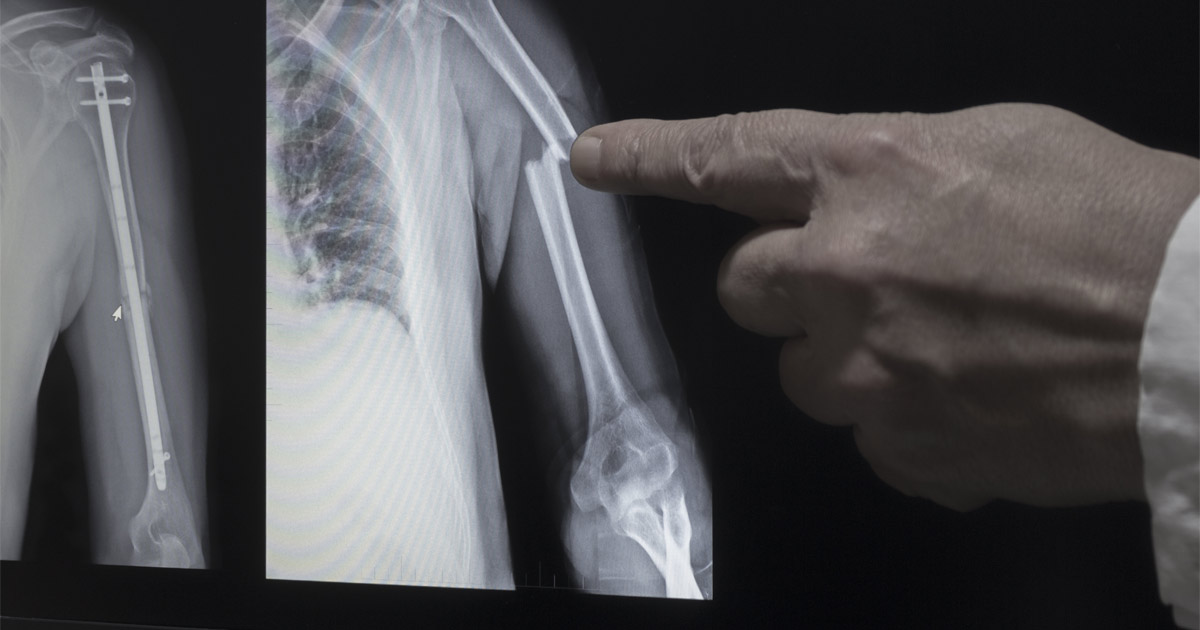Car accidents can result in a wide range of injuries, but broken bones are among the most common and disruptive. These injuries often require immediate medical attention and can affect daily life, mobility, and employment for weeks or months. Beyond physical healing, survivors may face medical bills, rehabilitation, and potential long-term limitations. Knowing what to expect after sustaining a broken bone in a car accident can help you prepare for the journey ahead.
What Types of Broken Bones Are Most Common in Car Accidents?
Fractures of the arms, legs, ribs, and collarbone frequently occur in car accidents due to the force of impact and restraint mechanisms like seat belts. Wrist and ankle fractures are also caused by crashes when the limbs absorb sudden pressure. The severity can range from small hairline fractures to complete breaks that require surgical intervention.
How Is a Broken Bone Diagnosed After a Crash?
Medical professionals typically use X-rays, CT scans, or MRIs to determine the location and extent of a fracture; immediate diagnosis is important to reduce further injury and prevent complications. Physicians may also assess soft tissue damage around the broken bone to design an appropriate treatment plan.
What Are Common Treatments for Broken bones?
That depends on the type and severity of the fracture. Some broken bones may require immobilization with a cast or splint, while more severe fractures can involve surgical procedures such as pins, plates, or screws to stabilize the bone. Pain management, physical therapy, and follow-up appointments are part of the recovery process.
How Long Does It Take to Heal a Broken Bone From a Car Accident?
Healing times generally reflect a patient’s age, overall health, and fracture type. Minor fractures may take six to eight weeks to heal, while more severe breaks can take several months. Rehabilitation often extends beyond bone healing, as patients may need to regain strength, flexibility, and coordination in the affected area.
What Are Potential Complications From Broken Bones in Accidents?
Complications can include improper healing, infection, nerve damage, or chronic pain. Delayed treatment or inadequate follow-up care may increase these risks. Timely medical attention and following a physician’s instructions reduce the likelihood of prolonged or permanent impairment.
Can a Broken Bone Affect Employment or Daily Activities?
Jobs requiring physical activity, even typing, may be especially challenging during recovery, while even simple daily activities like driving, lifting, or walking can become difficult or even impossible. Depending on the fracture’s severity, patients may benefit from accommodations; others have more serious limitations.
What Types of Medical Documentation Are Needed After a Fracture?
Medical records, including imaging results, surgical reports, and physician notes, are important for tracking the injury and recovery progress. Documentation of treatment, medications, and therapy sessions can also support any claim for compensation related to the injury.
How Does Insurance Typically Handle Broken Bone Claims From Car Accidents?
Insurance companies generally evaluate the extent of injury, medical expenses, and lost wages when processing claims. Adjusters may review hospital bills, treatment records, and reports of ongoing limitations. Accurate documentation and timely reporting help clarify the scope of the injury and the associated costs.
How Can I Support My Recovery?
Closely following treatment plans, attending physician appointments, and completing prescribed physical therapy are key to regaining function. Maintaining a healthy diet and managing stress may also support the healing process. Patients should avoid activities that could aggravate the fracture until cleared by a physician.
An Experienced Fayetteville Car Accident Lawyer at Osborne Law Firm Is Ready to Advocate for You Now
If you have broken bones caused by a motor vehicle crash, contact a Fayetteville car accident lawyer at Osborne Law Firm. Call 479-521-7727 or complete our online form today for a free consultation. We are located in Fayetteville, Arkansas, and serve clients in the surrounding areas.

